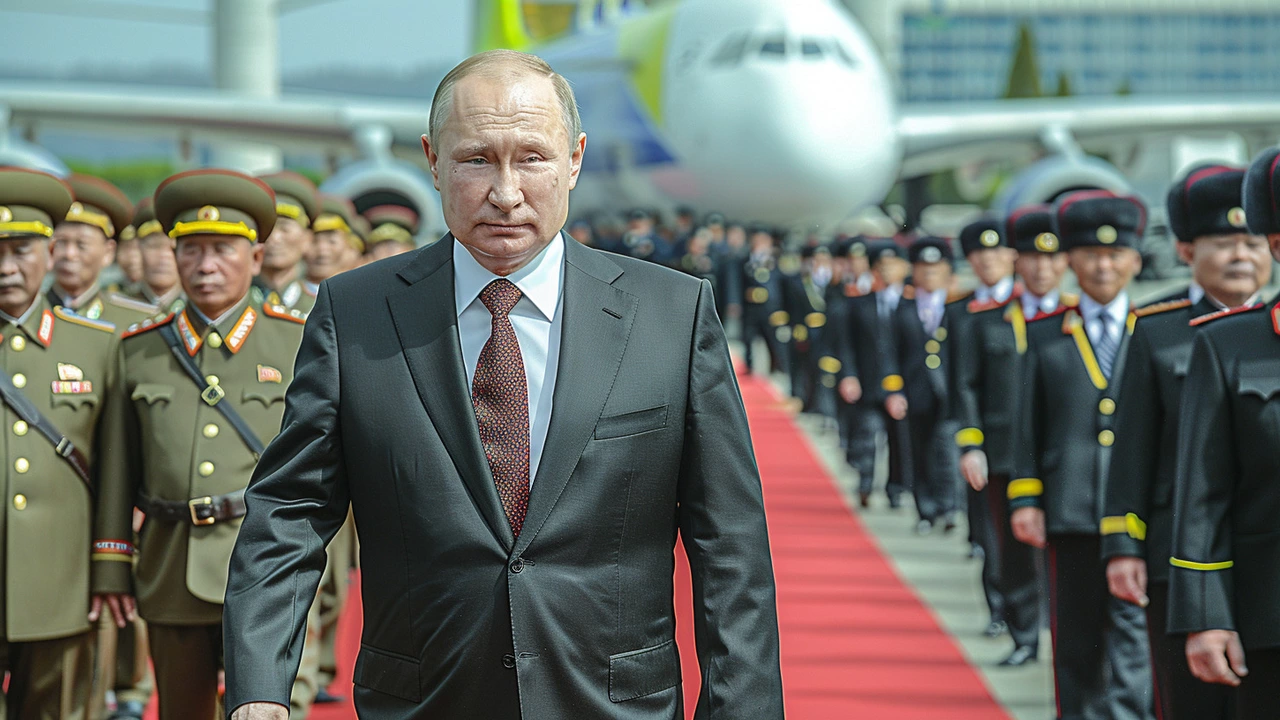Russia‑North Korea Relations: Why It Matters
When you hear the names Russia and North Korea together, you might picture Cold‑War drama or secretive meetings. The reality is more practical: both countries use the partnership to fill gaps left by the West. Knowing how they work together helps you understand news about sanctions, energy deals, or military drills.
How the partnership began
After the Soviet Union fell, Russia lost most of its influence on the Korean Peninsula. North Korea, meanwhile, kept its isolationist stance but still needed a big ally. In the early 2000s, the two signed a series of agreements on energy, trade, and military cooperation. Russia offered cheap oil and gas; North Korea gave access to its ports and a loyal political ally.
Key moments include the 2001 Treaty of Friendship and the 2015 agreement to supply the North with natural gas via the East Siberia‑Pacific pipeline. Those deals showed that even though Russia isn’t a super‑power like China, it still plays a useful role for Pyongyang.
Current issues and what’s next
Today the relationship is a mix of business and politics. Russia still ships fuel to the North, though sanctions make the process tricky. Both countries also coordinate on diplomatic messages, especially in the UN, where they often vote together against Western resolutions.
Militarily, joint exercises have been limited but there are reports of Russian advisors helping North Korean missile programs. This raises concerns for the U.S. and its allies, who fear the partnership could destabilize the region.
Looking ahead, several scenarios could change the balance. If Western sanctions tighten further, North Korea might lean more on Russia for resources. Conversely, if Russia faces its own economic crunch, it could scale back aid and focus on domestic issues.
Another factor is China. Beijing remains the dominant player for Pyongyang, but Moscow offers a way to diversify away from Chinese dependence. If Russia and China clash over interests, North Korea could become the bargaining chip.
For everyday observers, the takeaway is simple: Russia‑North Korea ties are a pragmatic partnership, not a full‑blown alliance. It’s built on mutual need rather than shared ideology. That means the relationship can shift quickly when either side finds a better deal elsewhere.
Keeping an eye on energy shipments, joint statements at the UN, and any military observers in the region will give you early clues about where the partnership is heading. In a world where global politics change fast, understanding this specific link helps you make sense of broader Asian and Eurasian trends.
